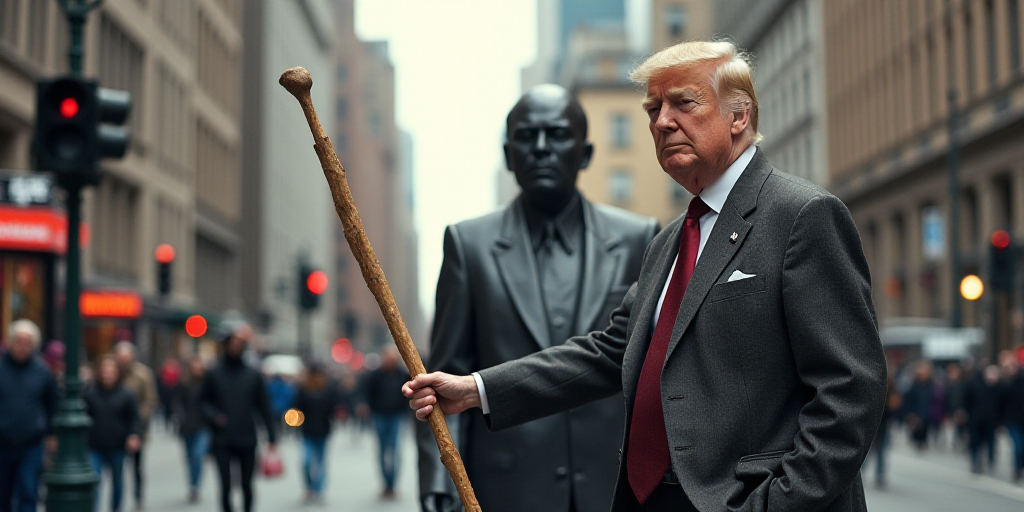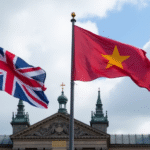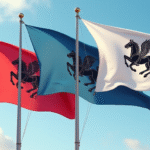Background on the Situation
In recent weeks, President Donald Trump has singled out Chicago for its violent crime, labeling the city as “a disaster” and a “killing field.”
Protest Details
On Monday, thousands of protesters crowded the streets near Chicago’s downtown area, singing and waving signs in opposition to Trump’s threats of flooding the city with National Guard troops and additional federal immigration agents.
This demonstration was one of approximately 1,000 “Workers Over Billionaires” protests across the country for Labor Day in the United States. However, Chicago’s rally had a more forceful tone as residents expressed anger over Trump’s promise to target the city, similar to deployments in Los Angeles and Washington D.C., both governed by Democrats.
Mayor’s Response and Community Support
Chicago’s Mayor Brandon Johnson addressed the crowd, vowing that Chicago would resist federal intervention.
“This is the city that will defend the country,” Johnson declared, receiving strong cheers from protesters waving Chicago flags with blue stripes.
As the crowd marched through the city, some walked dogs and carried children on their shoulders, while restaurant patrons seated outside raised fists and drivers honked in support.
Organizers estimated between 5,000 and 10,000 attendees, though Reuters could not immediately verify the number with city officials.
Concerns Among Protesters
Protesters expressed concern over Trump’s threat of sending the National Guard and additional ICE agents.
“Do we feel there will be problems? Yes,” said Filiberto Ramírez, 72. “I hope no one gets hurt.”
Despite Trump’s criticism, Chicago residents at the protest stated they did not believe the National Guard was a solution for the city’s crime issues.
“There is a crime problem,” said Yvonne Spears, 67. “But the National Guard is supposed to fight for us, not against us.”
Although Chicago’s homicide rates have dropped significantly in recent years, according to city crime data, many protesters on Monday felt safe in the city.
Legal Challenges Ahead
Municipal and state leaders may file lawsuits to challenge a deployment that experts believe would violate the Constitution and a 19th-century law prohibiting military enforcement of domestic laws.
Key Questions and Answers
- What is the main issue? Chicago residents are protesting against President Trump’s threats to send the National Guard and additional ICE agents, believing it won’t solve crime issues.
- Why are protesters concerned? They fear increased violence and militarization of their communities if more ICE agents and National Guard members are deployed.
- What is the city’s stance? Mayor Brandon Johnson has vowed to resist federal intervention, asserting that Chicago will defend itself.
- What legal challenges might arise? Municipal and state leaders could file lawsuits, arguing that such a deployment would violate constitutional rights and historical laws prohibiting military enforcement of domestic laws.






